Re: Boom in the Doom
I'm reminded of back when I was in graduate school in the 80's, during which I studied extensively alternative energy (less from a technical than from a social theoretical perspective), and read works by writers like Amory Lovins. Lovins had a nice concept back then, namely, that what was really important in terms of energy was not so much it's generation as it's end use. Ultimately, he argued in 'Soft Paths' and other works, it was the end use that determines the soundness of the forms in which energy generation take.
Now, it seems to me that Knustler is at least attempting to make this point, and frankly I found his reasoning worthy enough to read it in it's entirety.
What I have yet to determine is this: are you, EJ, engaging in a rhetorical argument for purposes of stimulating debate, or are you speaking from conviction? I suspect it is more the later than the former. However, until you flesh out how this will politically come to fruition - and it does seem that you are asserting, and for good reason, that expanding uses of alternative forms of energy generation (along with that of infrastructure development, which by necessity must coincide), will ultimately derive from political decisions and policies (along with the needed social investments) - your argument leaves one with the impression that it is simply rhetorical, aimed at stimulating debate.
So . . . I'd suggest that until you make do flesh out the political to substantiate your projections for the future, your argument will likely fall short in convincing. Once you do flesh this out, assuming you do and that it is made public, then from there the debate can really begin. But be aware that once you enter this turf, that is the sphere of the political (and thus also policy formation and linking it to just how these social investments will materialize), then you have entered a complex cobweb of entangled and competing/contending interests for which consensus (a social/political consensus which by necessity needs to be accomplished for your projections to materialize), will be difficult in obtaining to say the least, especially in a society such as ours where conflict and divisions have become the order of the day and the very fuel on which the political system runs.
Only when you begin to flesh this out politically, and just as important how this will carry over to needed social investments, especially difficult when capital is a private endeavor, only then will you have taken the needed next leap. I commend you for your success in taking your argument as far as you have, but the next leap will require a great deal of study. I doubt that a couple years of study will be adequate.
I'm reminded of back when I was in graduate school in the 80's, during which I studied extensively alternative energy (less from a technical than from a social theoretical perspective), and read works by writers like Amory Lovins. Lovins had a nice concept back then, namely, that what was really important in terms of energy was not so much it's generation as it's end use. Ultimately, he argued in 'Soft Paths' and other works, it was the end use that determines the soundness of the forms in which energy generation take.
Now, it seems to me that Knustler is at least attempting to make this point, and frankly I found his reasoning worthy enough to read it in it's entirety.
What I have yet to determine is this: are you, EJ, engaging in a rhetorical argument for purposes of stimulating debate, or are you speaking from conviction? I suspect it is more the later than the former. However, until you flesh out how this will politically come to fruition - and it does seem that you are asserting, and for good reason, that expanding uses of alternative forms of energy generation (along with that of infrastructure development, which by necessity must coincide), will ultimately derive from political decisions and policies (along with the needed social investments) - your argument leaves one with the impression that it is simply rhetorical, aimed at stimulating debate.
So . . . I'd suggest that until you make do flesh out the political to substantiate your projections for the future, your argument will likely fall short in convincing. Once you do flesh this out, assuming you do and that it is made public, then from there the debate can really begin. But be aware that once you enter this turf, that is the sphere of the political (and thus also policy formation and linking it to just how these social investments will materialize), then you have entered a complex cobweb of entangled and competing/contending interests for which consensus (a social/political consensus which by necessity needs to be accomplished for your projections to materialize), will be difficult in obtaining to say the least, especially in a society such as ours where conflict and divisions have become the order of the day and the very fuel on which the political system runs.
Only when you begin to flesh this out politically, and just as important how this will carry over to needed social investments, especially difficult when capital is a private endeavor, only then will you have taken the needed next leap. I commend you for your success in taking your argument as far as you have, but the next leap will require a great deal of study. I doubt that a couple years of study will be adequate.
 ə
ə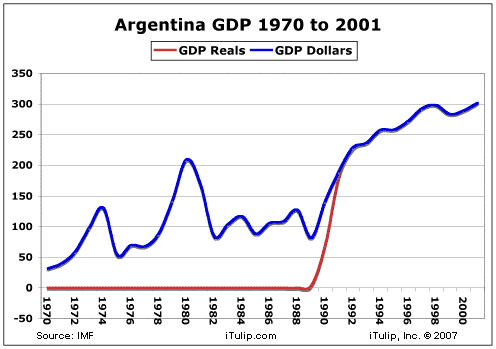



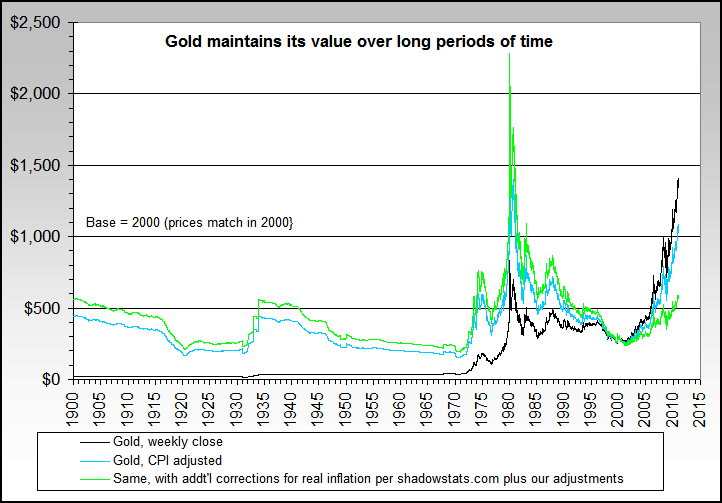
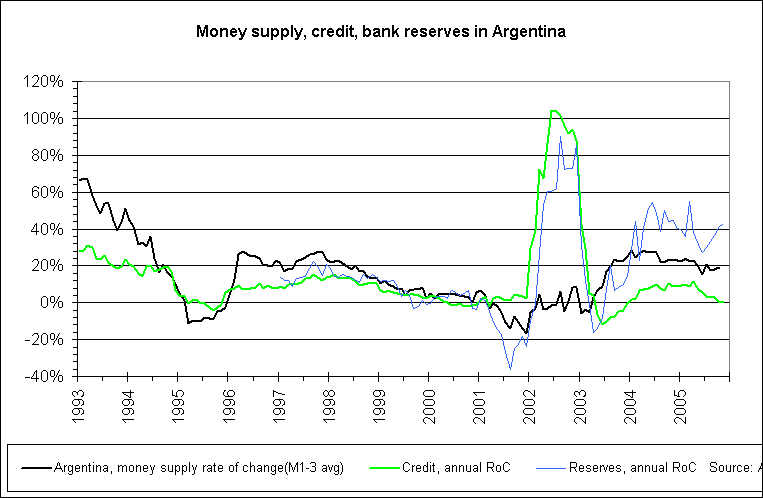
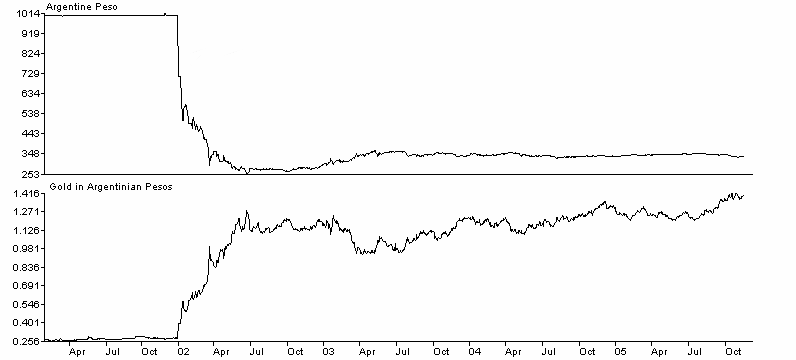
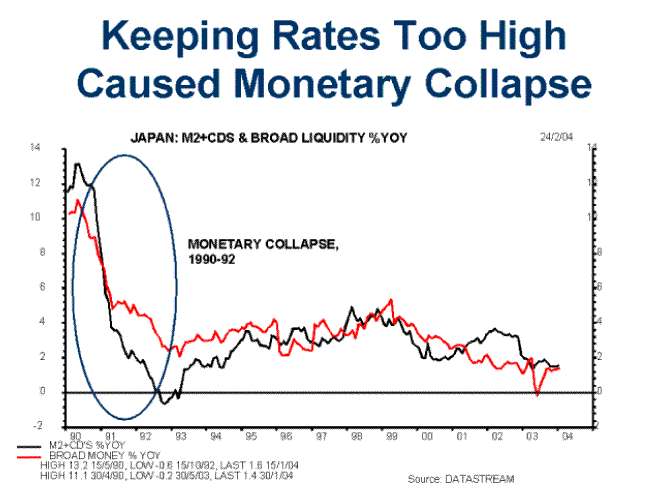
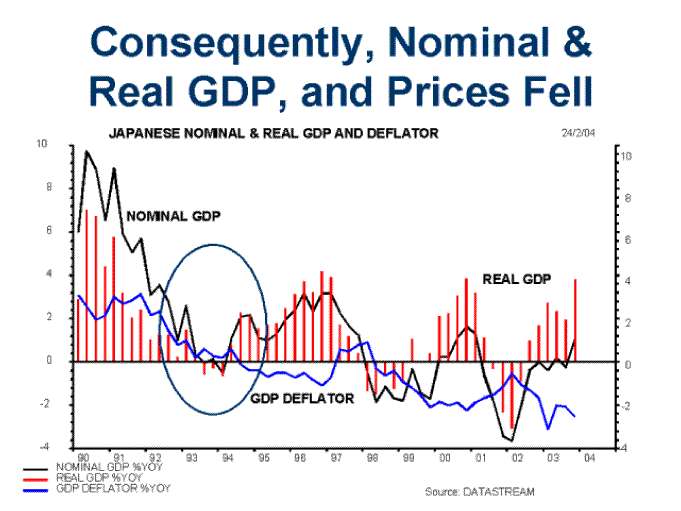
Comment